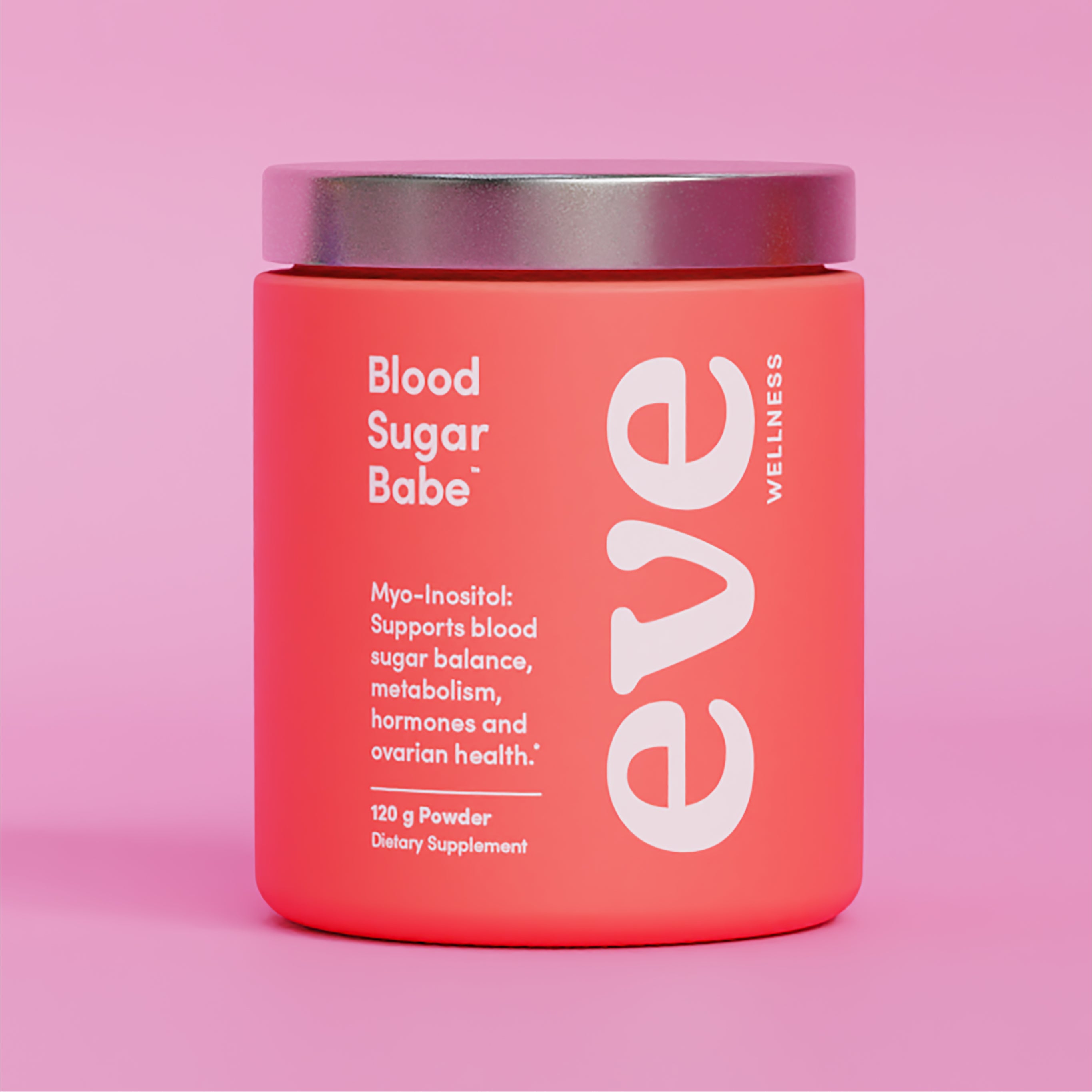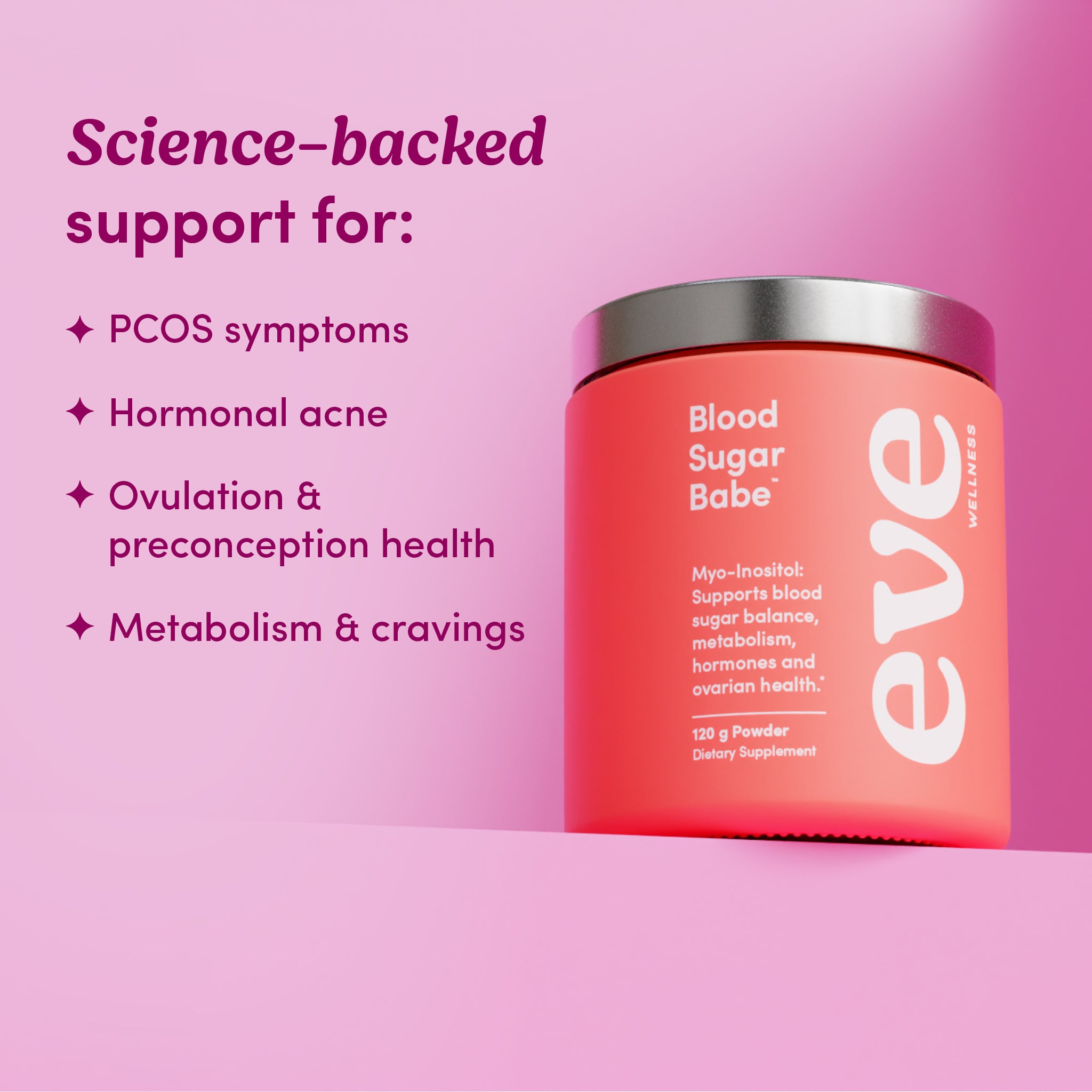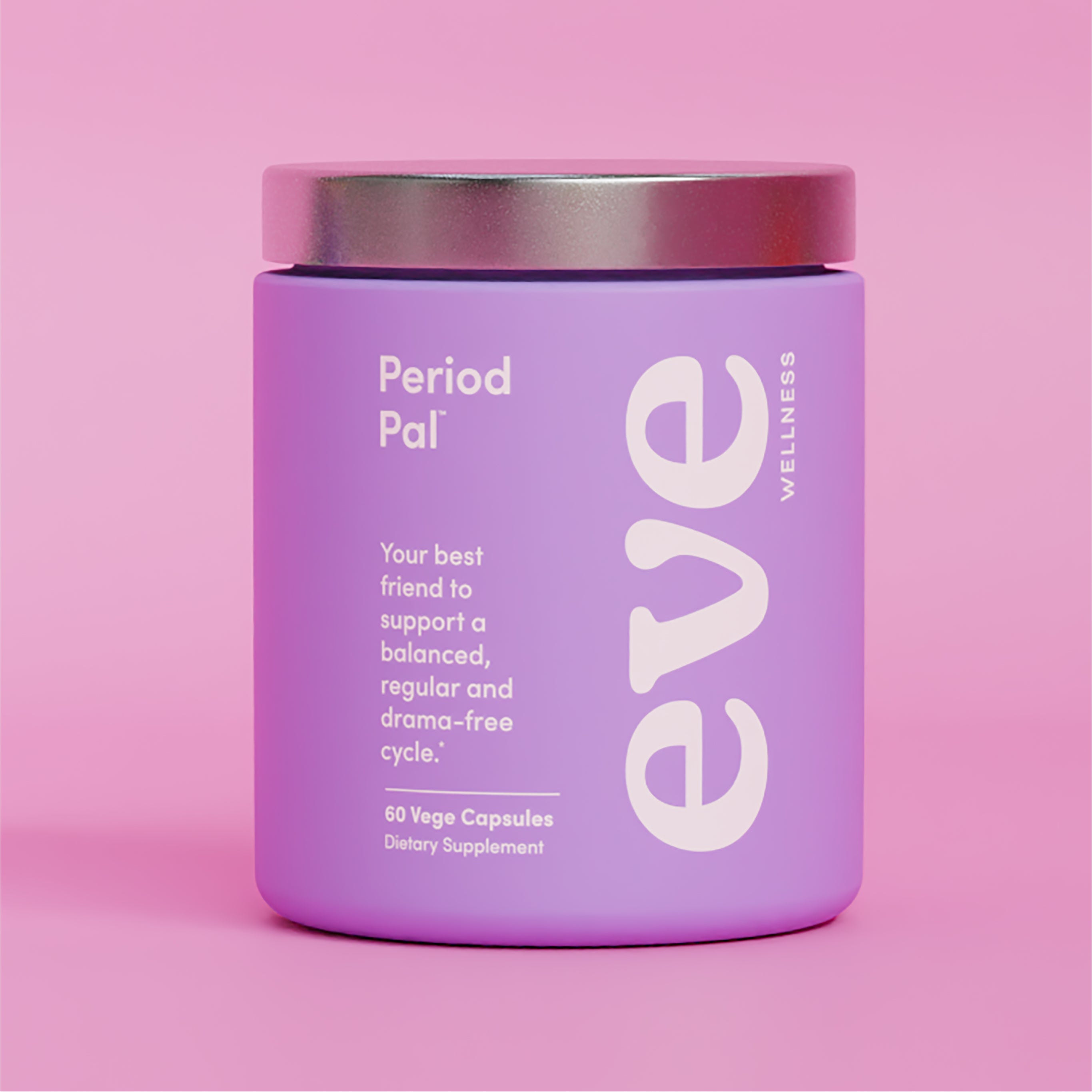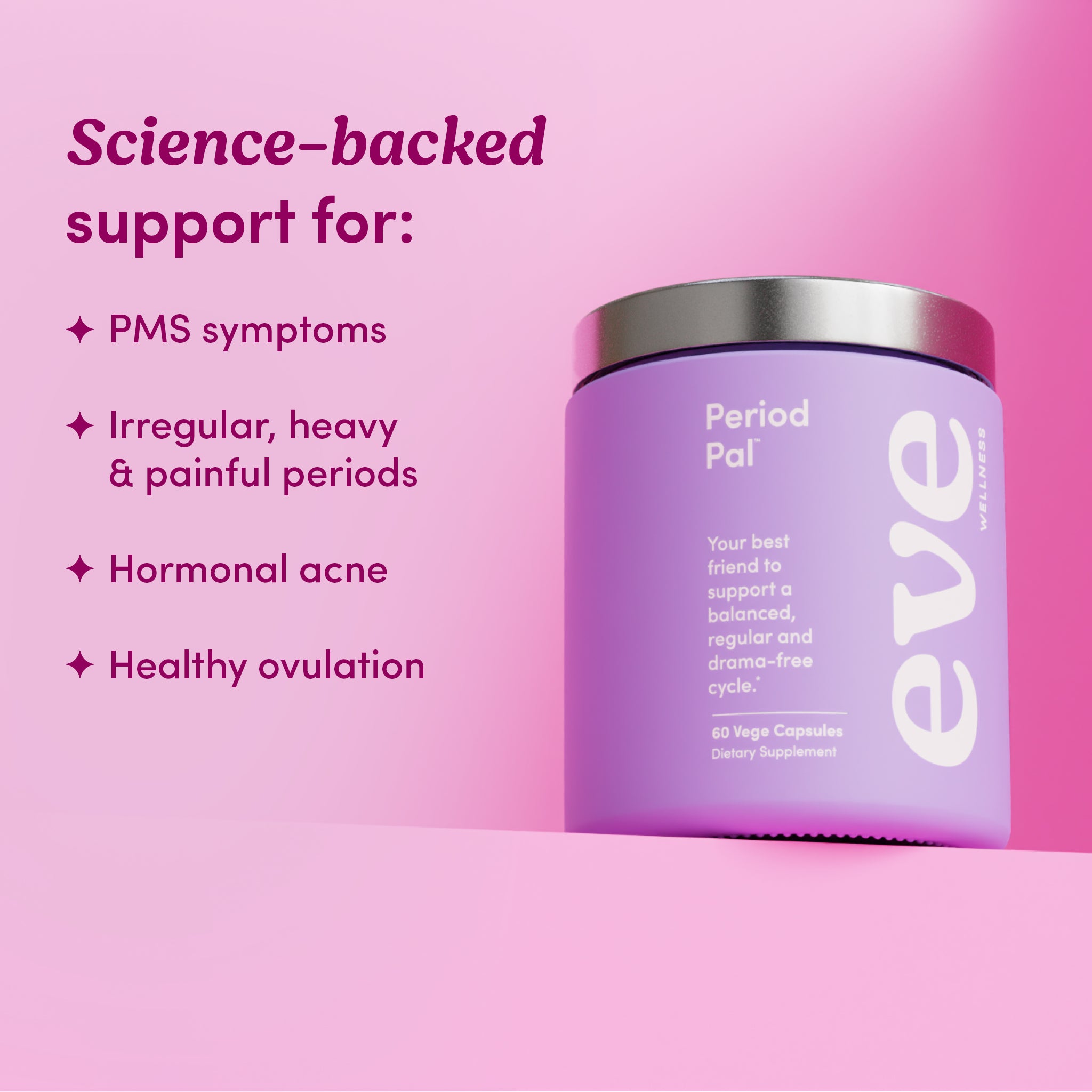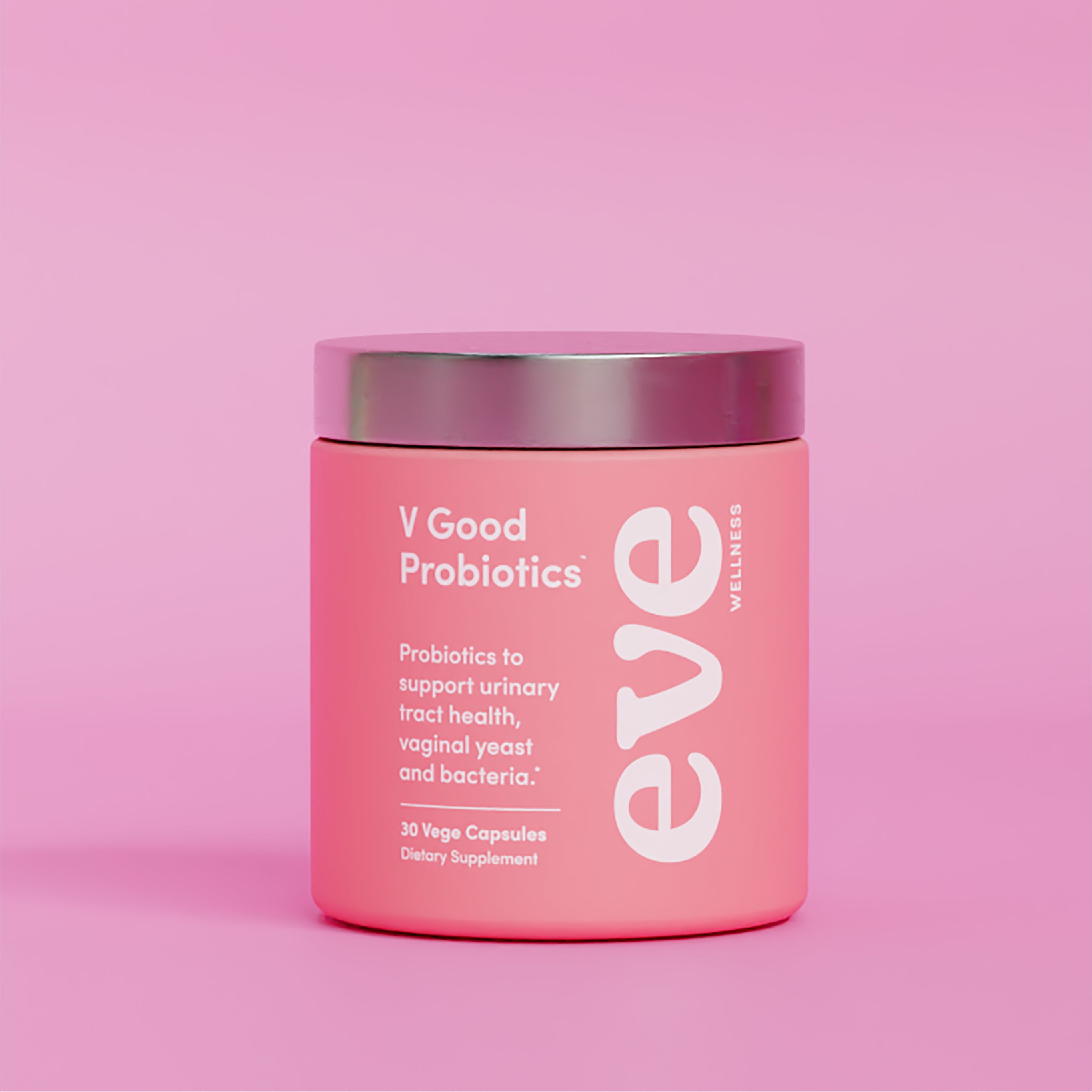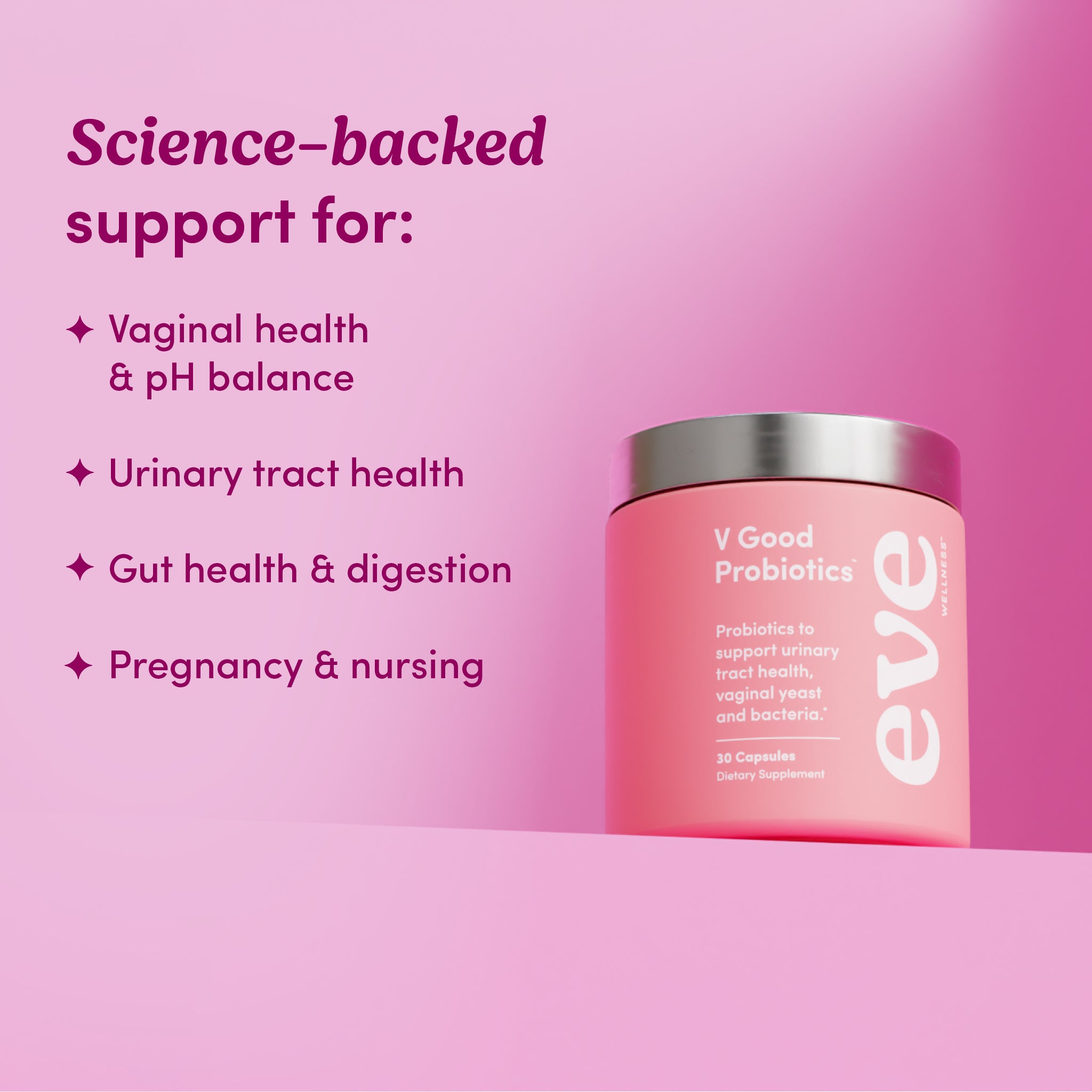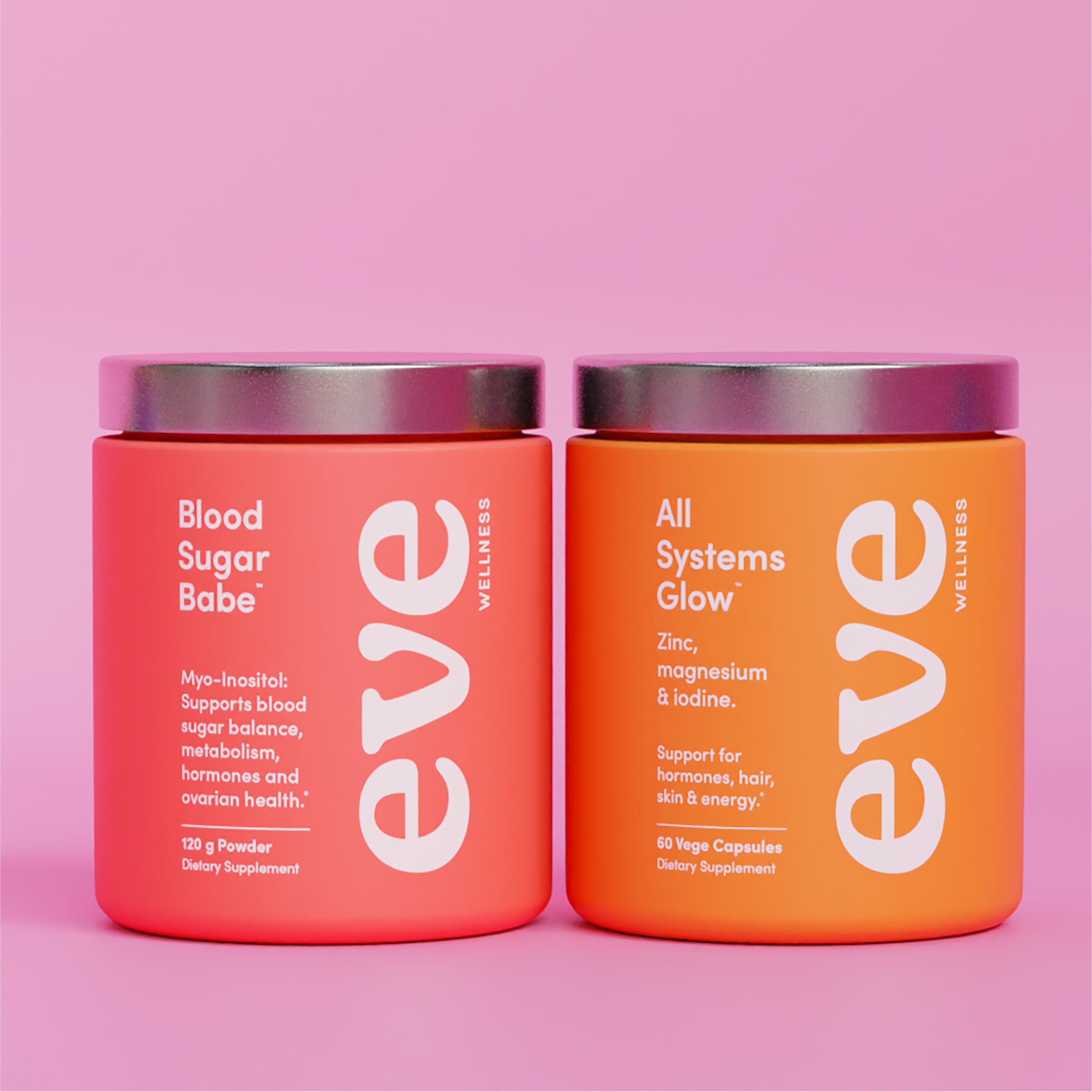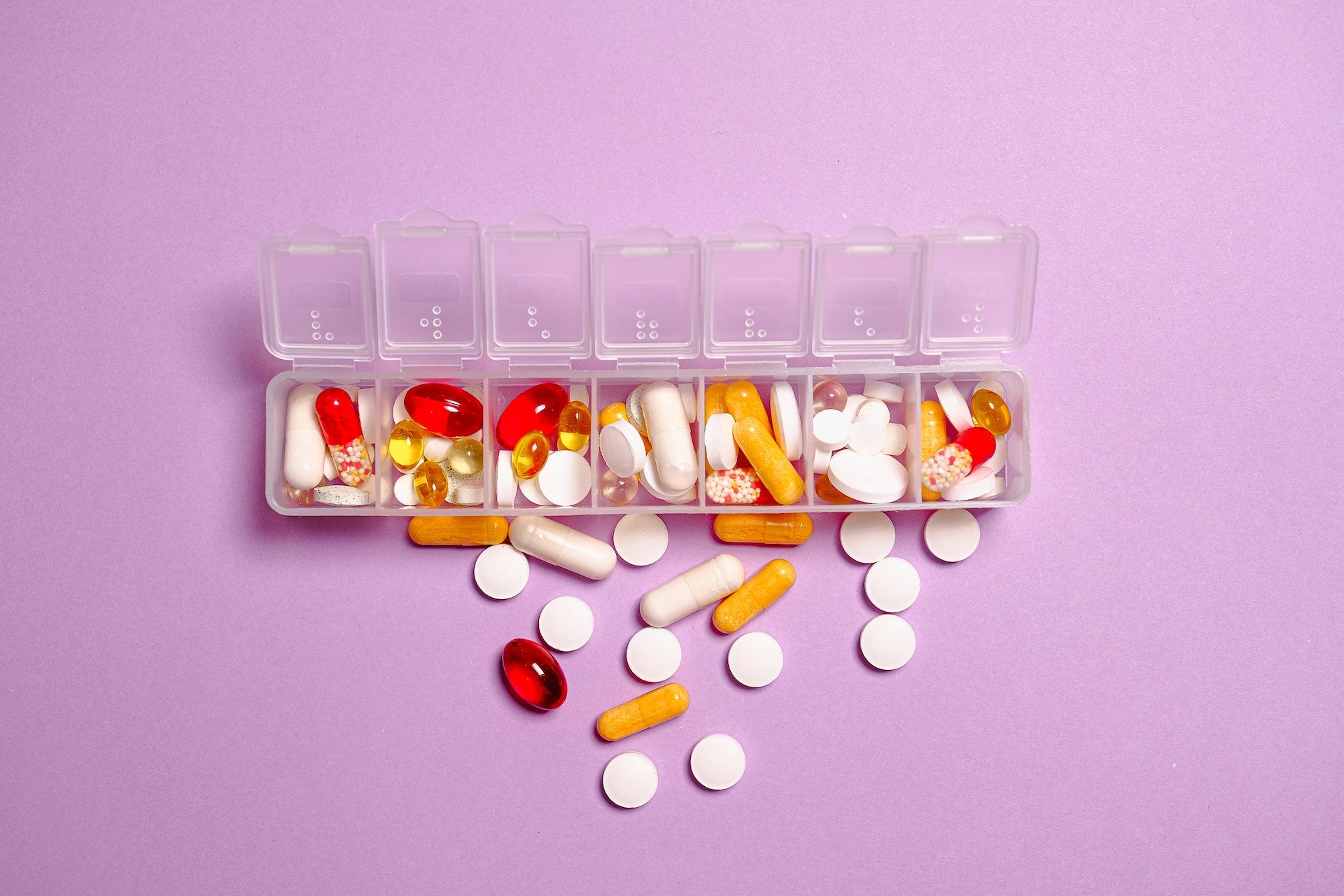The creation of the birth control pill in the 1950’s was nothing short of revolutionary for female reproductive freedom. For the first time in history, there was a reliable, convenient, female-led contraceptive method, meaning men and women could enjoy sex without a side of pregnancy (yay!).
This freedom meant more women could have more control over their milestone schedule: we could go to university, have professional careers and decide when it was time to have children instead of leaving it up to chance.
Now, almost 70 years later, the pill is the most commonly prescribed form of contraception and yet so many of us know very little about how it works and what its key functions mean for our bodies.
Having as much information as possible about the pill (and other forms of contraception) helps you make informed decisions about your body. And that’s what we’re all about!
Before we get into it, we want to make a couple of things clear: we’re not anti-pill, we’re just very pro-information!
All of the information shared here is provided in a general sense and your GP is the best person to talk to about your specific wants and needs in this area so always talk to them before making any medical decisions.
THE PILL IN A NUTSHELL
The pill performs three main functions: it disrupts the communication between your brain and your ovaries to prevent ovulation each month. It also thickens the cervical mucus which makes a sperm’s journey much more difficult and thins the lining of your uterus so it’s less hospitable for potential embryos.
Scientifically-speaking, it carries out these functions by preventing the production of oestrogen and progesterone and these are hormones that, like most hormones, perform a lot of different functions beyond the world of babies. They play a key role in our mood, energy levels, libido, metabolism, and the health of our skin, brains, and bones. Phew, they’re seriously hard-working.
YOUR BODY ON THE PILL
So while your pill is performing the key functions it needs to in order to prevent pregnancy, the flipside of this work is that it impacts the metabolising (or processing) of key vitamins, nutrients, and minerals which are essential to our body’s everyday functions.
According to The World Health Organisation (WHO), nutrients that can be depleted in your body while on the pill are: vitamins B2, B6, B12, and 9 (known as folic acid), and vitamin E and the minerals magnesium, selenium and zinc. Since we already struggle to meet our body’s needs for these as it is, it’s tricky to replenish depleted stores from diet alone, let alone when we add the pill into the mix.
ADDING IN SOME MUCH-NEEDED SUPPORT
The good news is, there are some easy ways to give your body some extra help if you decide that oral contraception is the best choice for you.
TOP UP YOUR NUTRIENT STORES
The vitamins, nutrients, and minerals mentioned above can all be taken in supplement form so you can ensure you’re getting a sufficient daily dose. The function of these is vast and varied so it’s important we have them in abundance:
- B-Vitamins, particularly B2, B6, B12 & B9: You can thank these B-group vitamins for acting as the building blocks of a healthy body by directly impacting energy levels, brain function, cell metabolism and detoxification.
- Vitamin E: Best known for its powerful antioxidant and anti-inflammatory properties, vitamin E supports immune function and cell regeneration. It’s the anti-aging vitamin, if you will.
- Magnesium: The nutrient that brings the chill, magnesium plays a key role in total body relaxation, as well as blood sugar balance, energy production and getting the kind of restorative sleep dreams are made of.
- Selenium: A powerful antioxidant that supports liver function and hormone detoxification, and is best known for its beneficial effects on thyroid function.
- Zinc: A trace mineral that’s required for over 300 enzyme (chemical) reactions in the body. Some of the reasons we love zinc include it’s benefits for supporting the immune system, ovulation and skin health.
Enter Take Me With The Pill. Designed for anyone currently using hormonal contraception such as the pill, IUD or implant etc, or wanting to come off it, Take Me With The Pill replenishes the nutrients depleted by your birth control and eases the transition if you choose to come off it.
LOOK AFTER YOUR GUT
As is the case with oral medications, the pill is absorbed via the digestive tract. Introducing something new to this delicate environment can disrupt the flora of the gut and make some of us more susceptible to unfriendly bacteria and yeast. In some cases, this results in ‘leaky gut’ which is a way of saying that bacteria and toxins can permeate our intestinal walls and cause bloating, diarrhoea, or fatigue (to name a few) i.e. it’s not what you want.
A healthy gut is a healthy body and we can contribute to this with our diet. Eating fermented foods like kimchi, kombucha, or sauerkraut; probiotics like yoghurt or kefir; inflammation-reducing bone broths, and omega-3s; and fibre-rich foods like vegetables will keep bowels regular, healthy, and better prepared to deal with oral medications of any sort.
LOVE YOUR LIVER
The liver plays a vital role in the body’s digestive process. In laywoman’s terms, it takes everything you need from anything you eat and helps the body process it. In addition to food, it does this for medicines - including the hormones in your pill. The compound that makes this job - processing and detoxifying oestrogen - easier for the liver is called Diindolylmethane. It’s particularly bountiful in cruciferous vegetables. That includes cauliflower, cabbage, kale, radish, bok choy, and brussel sprouts so go nuts for greens when you can.
